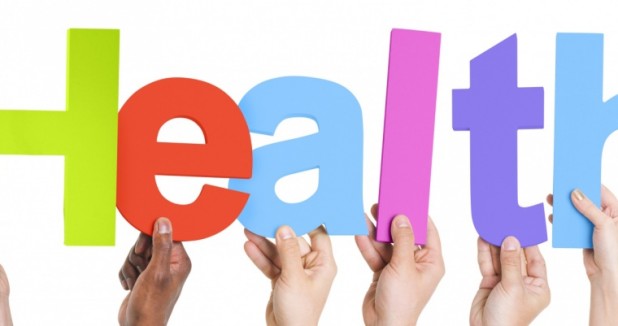06/08
Whose Health

From now until October 15, all us fair dinkum true-blue Aussies will be able to opt out of the My Health Record. If you choose not to opt out before this date, you will receive an online health record – that is, all of your medical history and personal information pertaining thereto.
Naturally, the world we live in has become an impatient one – nobody likes to wait, everyone wants everything yesterday, and they want it on a silver platter with a side of bourbon. So, the My Health Record seems like a good idea – it will allow doctors a far easier time when dealing with patients, it would hopefully mean not having to spend an extra 20 minutes explaining your medical history/issues to every new healthcare provider you see, and potentially make for a more streamlined organisational method for public treatment waiting lists.
However, living in this impatient “me wanty” world also means we live in a world whereby our online information is a very real commodity. Data thieves are the hot new crims of the 21st century – why be a physical pickpocket in a crowd when you can do it all from the relative comfort and safety of your mum’s basement? Due to this, people have become extremely fearful about sharing data online – and for good reason.
When you consider that recently, the Singapore government’s online health system was hacked to the tune of 1.5 million health records, then it’s not colander-wearing paranoia to think such a thing risky (oh and by the way, the prime minister’s records were among those 1.5 million records accessed). Claims have sprung forth from Oracle that Android phone users are having 1Gb of data harvested by Google each month. “Given this is the same Government that gave us census fail, stuffed up robo-debt, and allowed Australians’ Medicare data to be sold on the dark web, we have concerns about their ability to properly implement this reform,” said Shadow Health Minister Catherine King. “Put simply, this is a Government with a woeful track record on IT security and privacy. And now they’re asking all Australians to trust them with their most personal information.”
It’s true that users can exert control over their own information, choosing who to share it with – but a troubling thing to note is that once given their My Health Record, the default privacy settings are low, meaning that users themselves are responsible for the lengthy process of utilising pincodes and passwords to change who is seeing their data. Imagine how many people in the 50-to-80-year-old age range are going to be doing that. Global best practice in data protection stated that patients should be fully informed and give express consent for use of their health information, but in forcing the patient to take all the action to protect their own data, this seems a bit sneaky and fucked.
My Health would definitely make things easier for patients and doctors alike – currently, medical professionals are only able to access certain information on patients, resulting in much longer time spent chasing paper trails and making phone calls to other specialists. It must be frustrating as fuck. So, there are good intentions behind the My Health Record initiative.
But how much do we want to trust such sensitive data being online? It has been stated that secondary data use is applicable – if a third party researcher or company applies to access your data and can prove that access to health records will be of public benefit, then it’s up for grabs. And then the question becomes; how much do we trust the people making those decisions? Do we really trust our government to be making decisions about who can access our data and their reasons for doing so? And if we DO trust the people making those decisions, do we really trust the security of the people coding the protection?
Just a few things to think about!
Love, Akika xoxoxooxoxoxoxoxoxoxox
